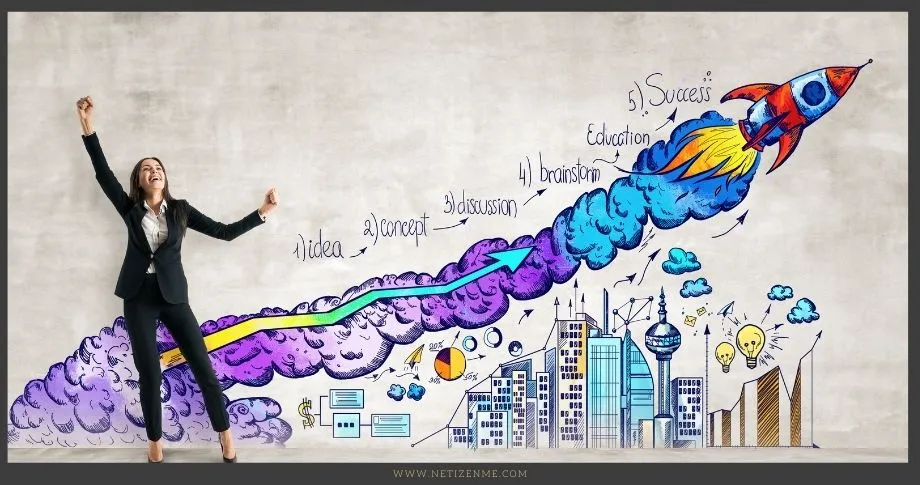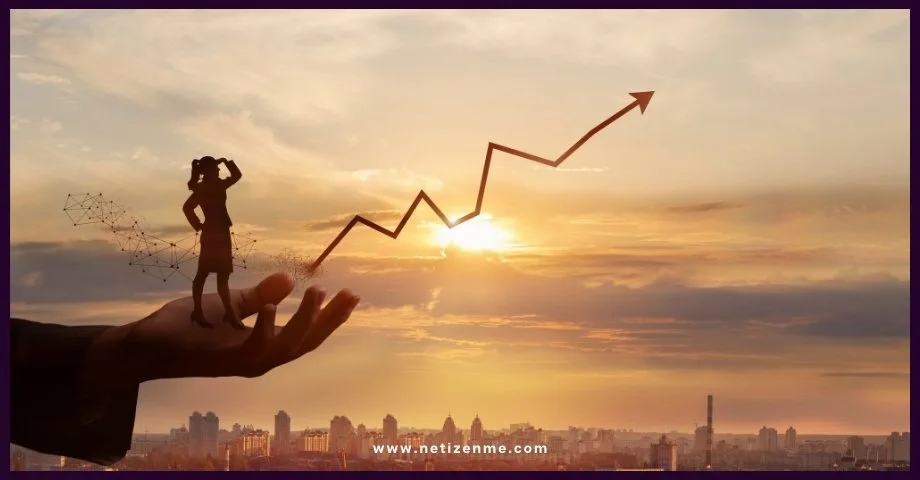Trade is often said to be good because all countries can benefit from it. But why is this? Surely if one country benefits from trade, then another must lose out? The answer is that when two countries trade, they are better off than if they had not traded. This is because a country can obtain goods and services that it would not otherwise have been able to obtain.
All countries benefit from trade. If they did not, they would not trade.
For example, suppose Country A has lots of coal but no oil, and Country B has lots of oil but no coal. If the two countries trade, Country A can get oil from Country B, and Country B can get coal from Country A. As a result, both countries are better off than they would have been if they had not traded.
This is because trade allows countries to specialize in producing goods and services that they are good at and then trade with other countries for the goods and services they are not producing. This specialization and trade benefit all countries.
Do you think the benefits from trade are shared equally among trading partners?
Different trade theories suggest different things about how trade benefits are shared among trading partners. The most basic theory, the Ricardian model, indicates that trade benefits are not shared equally. Instead, they tend to be skewed in favor of the country with the comparative advantage.
More sophisticated versions of the Ricardian model, known as the Heckscher-Ohlin model, consider factors such as countries’ different levels of technology and factor endowments. This model suggests that the benefits from trade are shared more evenly among countries, although there may still be some bias in favor of the country with the higher level of technology.
The newest and most comprehensive trade theory is the New Trade Theory, which considers comparative advantage and other factors such as scale economies and product differentiation. This theory suggests that the benefits from trade can be shared relatively evenly between trading partners, provided that there are no significant barriers to entry.
In conclusion, it is difficult to say definitively how trade benefits are shared among trading partners. However, the newer trade theories—which consider a more comprehensive range of factors—seem likely to provide a more accurate picture than the older, simpler models.
Do you think everyone within a country benefits from trade?
When a country engages in international trade, not everyone within the country necessarily benefits from the trade. This is because the gains from trade are not distributed evenly among the people within a country. Instead, the benefits of international trade are typically concentrated among certain groups of people within a country. In contrast, other groups may be worse off due to the trade. For example, consider a country that exports manufactured goods to other countries.
The manufacturing sector workers are likely to see their jobs and wages increase due to the increased demand for their goods. On the other hand, those working in sectors that compete with manufacturing (such as agriculture) may see their jobs and wages decrease due to competition from cheaper manufactured goods. In general, it is typically the case that those who directly benefit from international trade tend to be more educated and have more skilled jobs.
In contrast, those hurt by international trade tend to be less educated and have less skilled jobs. This is because skilled workers are more likely to be employed in sectors that benefit from global trade, while unskilled workers are more likely to be employed in sectors hurt by international trade.
Reference:
Greenlaw, S. & Shapiro, D. (2017). Chapter 19 | Macroeconomics policy around the world. In Principals of macroeconomics 2e. Openstax. Licensed under CC-BY 4.0.
- The Challenges Of Development Economics Through a Neo-Classical Model

- Macroeconomics For Entrepreneurship

- The Concepts of the Circular Flow of Goods and Services

This article is written by:
Our professional writers and editors are passionate about sharing high-quality information and insights with our audience. We conduct diligent research, maintain fact-checking protocols, and prioritize accuracy and integrity to the best of our capacity.
You can cite our articles under the author name "Netizenme"






